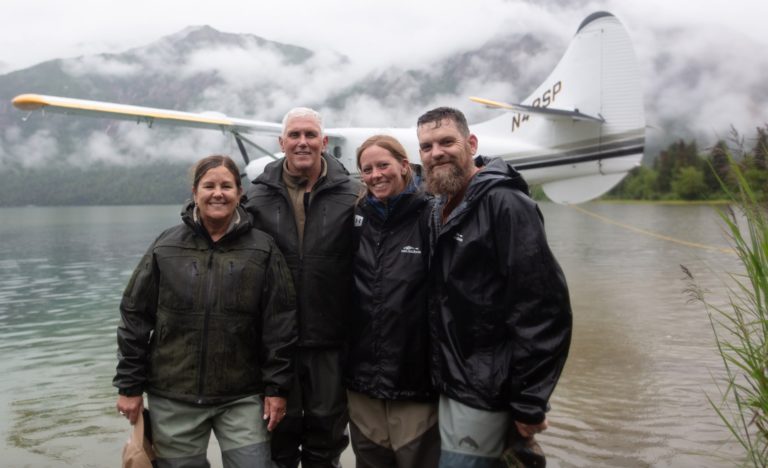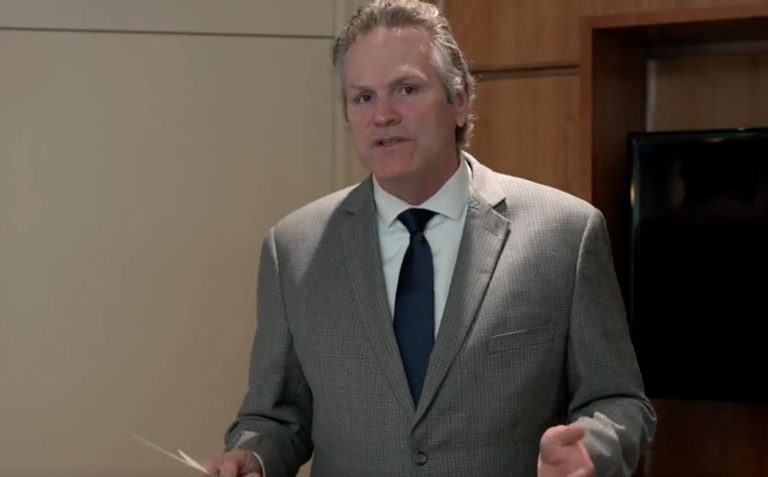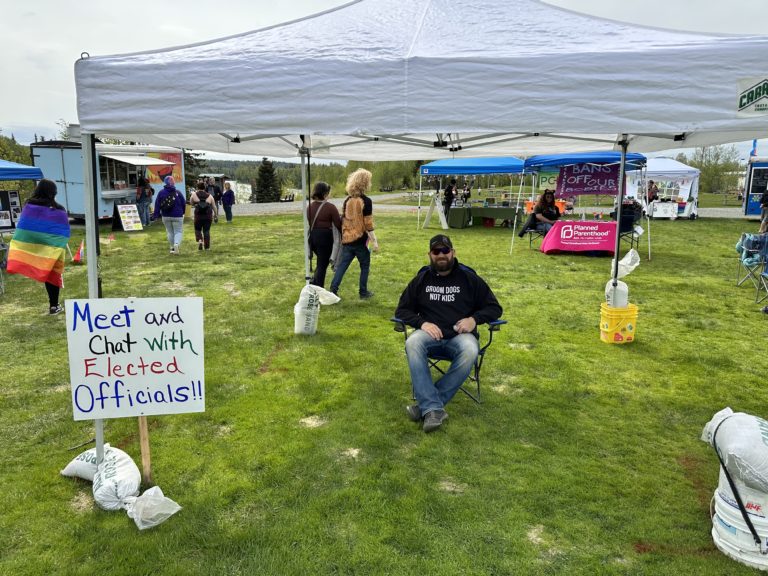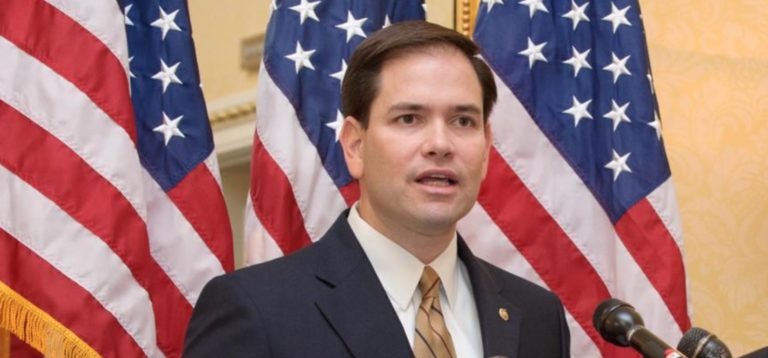By CASEY HARPER | THE CENTER SQUARE
The U.S. sent over $1.3 billion to China and Russia since 2017, according to a new analysis that details a string of problematic spending projects funded by taxpayers.
The watchdog group, Open the Books, and U.S. Sen. Joni Ernst, R-Iowa, released the analysis, which detailed an array of examples they deemed troubling “including $770,466 to a state-run lab in Russia to put cats on treadmills” and another project for nearly $100,000 for gender equality cartoons.
“It is gravely concerning that no one in Washington can actually account for millions sent to Russia and China for pointless projects,” Ernst said. “But I have the receipts.”
Ernst and Open The Books found at least $490 million in taxpayer dollars paid to groups in China and another $870 million paid to organizations in Russia since 2017 via U.S. grants and contracts.
Ernst introduced legislation last week to require all taxpayer dollars sent to Russia and China be tracked and publicly disclosed. A House version of the Tracking Receipts to Adversarial Countries for Knowledge of Spending (TRACKS) Act was introduced by U.S. Rep. Mike Gallagher, R-Wisc.
Gallagher said “we know the federal government has wasted more than one billion in U.S. taxpayer dollars on our adversaries.”
“This is crazy, but to make matters worse, this may only be the tip of the iceberg,” he added.
Adam Andrzejewski, CEO & founder of OpenTheBooks.com, has echoed the call for more transparency of government spending. Often, it can take years to find out where federal funds went and how they were used.
“Holding firms responsible to publicly report where and how they use their grants and contract awards can deputize private citizens and make them part of the solution,” he said.
Here are a list of examples of federal spending projects found by the analysis:
- $58.7 million from Department of State, including $96,875 for gender equality through exhibition of New Yorker magazine cartoons
- $51.6 million from Department of Defense, including $6 million for tech support of the military “deployment and distribution command” software – delivering equipment and supplies anywhere our military is deployed, even though the DOD Inspector General warned the Pentagon about using Chinese IT companies on DOD projects
- $4.7 million to a Russian company for health insurance that was sanctioned by the U.S. in 2022
- $4.2 million from Health and Human Services, including $770,466 to a state-run lab in Russia to put cats on treadmills
- $2.4 million on Russian alcohol and addiction research
- $2 million funneled to China’s state-run Wuhan Institute of Virology to conduct dangerous experiments on bat coronaviruses and transgenic mice
- $1.6 million to Chinese companies from National School Lunch Program, which means taxpayer dollars from the CARES Act meant for American farmers went to Chinese agriculture exporters
- $1.45 million for pandemic virus tracking in Russia
- Subsidies for the Russian space program by funding the Russia Space Agency and vendors








